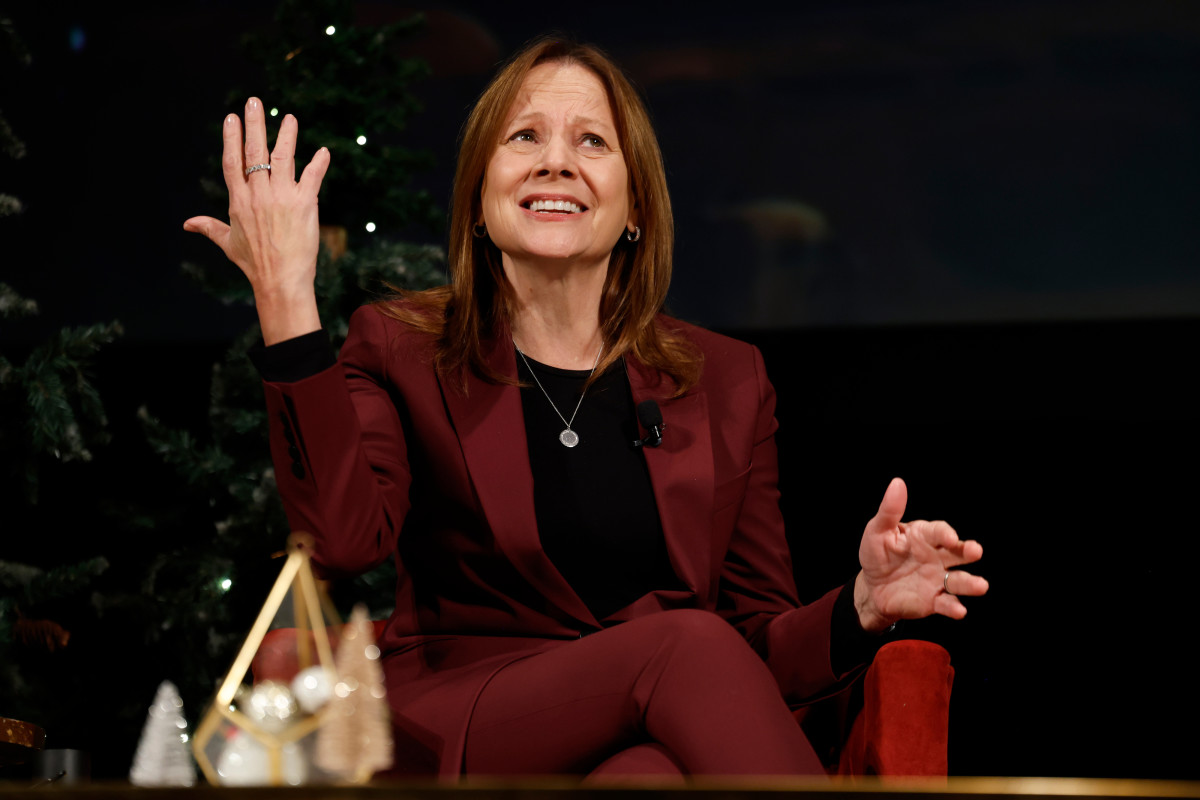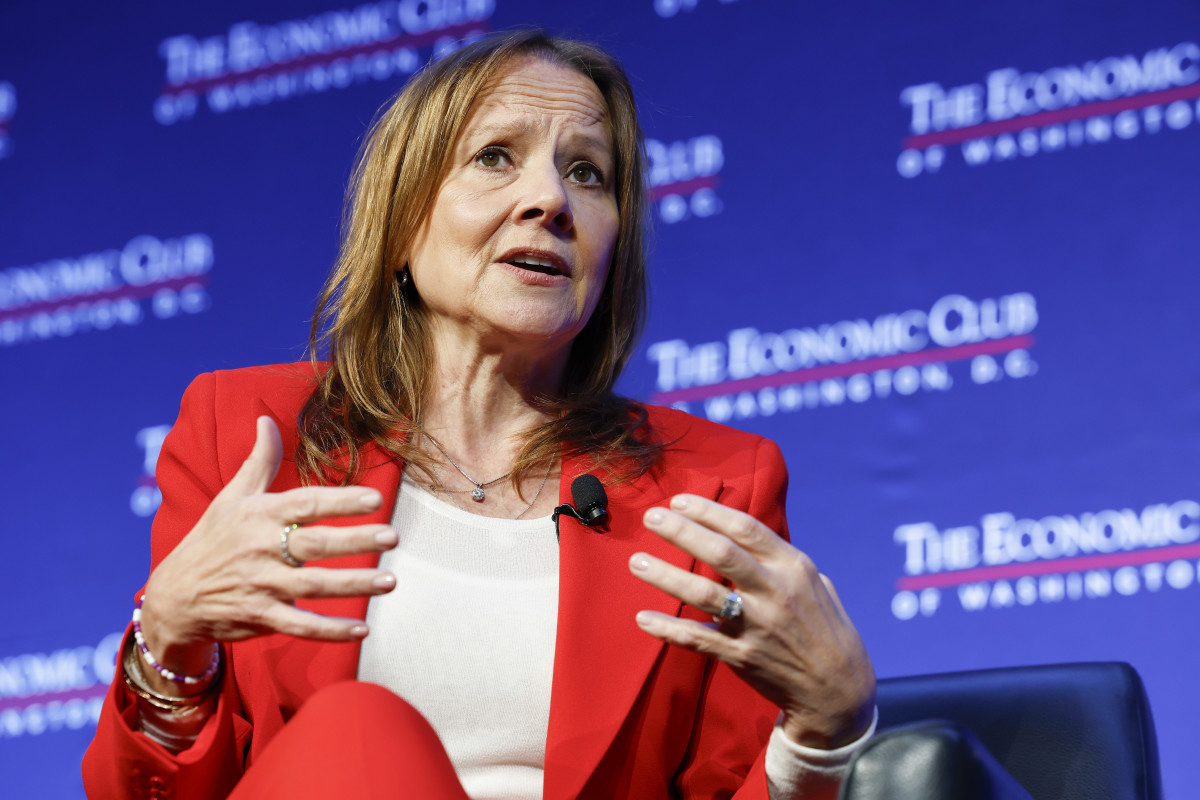
Heads up, Phoenix, Houston and Dallas: Cruise is back in town.
Cruise LLC, General Motors' (GM) self-driving-car company, said on Tuesday that it resumed manual driving in these cities.
Related: Top analyst sees Tesla making smartphone as Musk sideswipes Apple
In addition, supervised autonomous driving with a safety driver is under way in Phoenix and Dallas, the company said.
Regulators in California had revoked the company's permit to test and operate driverless vehicles in San Francisco after Cruise initially misrepresented an October incident in which one of its vehicles hit a pedestrian.
A law firm hired to review Cruise's safety protocols found that video footage of the incident was inadvertently withheld.
Cruise recently agreed to pay at least $8 million to settle with the pedestrian, who was dragged 20 feet in San Francisco after she was struck by a hit-and-run driver
The company's co-founders, Kyle Vogt and Daniel Kan, resigned in November, and in December nine key leaders were dismissed as the company said it would cut about 24% of its workforce.
GM has lost $8.2 billion on Cruise since 2017, with $3.48 billion lost in 2023 alone, according to The Verge.
Nevertheless, GM Chief Financial Officer Paul Jacobson said Tuesday at the Deutsche Bank Global Automotive Industry Conference that the automaker would pump $850 million into Cruise to help cover the robotaxi company's operating costs.

GM: Stock buyback, union deal
The past few days have been pretty busy for GM and analysts have responded accordingly.
On Monday the United Autoworkers said it had reached a tentative local agreement with a factory in northeast Ohio that supplies battery cells for GM electric vehicles.
Related: Feds probe UAW president over alleged retaliation
Workers at Ultium Cells, a joint venture between GM and South Korea-based battery company LG Energy Solution, voted to unionize in December 2022.
“Eighteen months ago, this company was on a low-road path to poverty wages, unsafe conditions, and a dark future for battery workers in America,” UAW President Shawn Fain said in a news release.
“Ultium workers said, ‘Hell no,’ got organized, and fought back. Now they’ve more than doubled their wages by the end of this contract, won record health and safety language, and showed the world what it means to win a just transition.”
Meanwhile, Jacobson said the automaker expected 2024 electric-vehicle sales of 200,000 to 250,000 units, with the top end of the estimate reduced from 300,000.
Jacobson said GM still believed it could be “variable profit positive” on its EVs at the "low 200,000" production range, according to the Detroit Free Press.
Variable profit is when the revenue GM earns from selling a vehicle exceeds the direct cost of producing it.
“We think we can still do that in probably Q4 more than the second half,” Jacobson said of achieving variable profit positive. “But we still think that’s an achievable goal going forward.”
Despite the slower-than-expected demand growth for EVs across the industry, Jacobson said, GM had strong EV sales in May, selling about 9,500 in the month
And then GM said that its board had approved a $6 billion stock-buyback program.
"We are very focused on the profitability of our [internal-combustion-engine] business, we're growing and improving the profitability of our EV business, and deploying our capital efficiently," Jacobson said in a statement. "This allows us to continue returning cash to shareholders."
In November 2023, GM unveiled a $10 billion accelerated share repurchase, while continuing to have about $1.4 billion in remaining capacity under its prior share repurchase authorization.
TheStreet Pro's Stephen Guilfoyle said that the quarter does appear to be going rather well for General Motors and CEO Mary Barra.
Analyst sees 'encouraging development'
"My sticking point is: Why refinance short-term debt at inflated rates and run a robust share repurchase program?" he said.
"It may have been more prudent and fiscally disciplined to use the free cash flow for the second quarter and perhaps beyond to try to whittle down the debt slated to mature this year and leave the old repurchase authorization in place," Guilfoyle added.
More Automotive:
- Analysts reset Nio stock price targets after earnings
- Massive car recalls impact over 700,000 vehicles
- If you own a big SUV, you're in for a big surprise
In April, GM posted first-quarter results that decisively beat expectations for both the top and bottom lines.
The company also upped its guidance for net income, adjusted earnings before interest and taxes, automotive free cash flow and earnings per share.
GM is scheduled to report second-quarter earnings on July 23 and Wall Street is looking for EPS of roughly $2.65 at the midpoint of a range of estimates spanning from $2.30 to $2.85.
Citi analyst Itay Michaeli affirmed a buy rating on General Motors with a $96 price target after the company announced the share buyback and that it expects to exhaust the remainder of its prior authorization by the end of Q2.
The completion of the prior authorization and new authorization implies modestly higher buybacks than Citi is modeling, the analyst tells investors in a research note.
Michaeli noted that the company’s news release also mentioned “strong revenue growth, margins and free cash flow,” and that GM was “growing and improving” electric-vehicle profitability.
The analyst said he viewed the news as an “encouraging development” supportive of the investment firm's GM thesis.
Bank of America Securities analysts said that in addition to General Motors' increased buyback and dividend, Jacobson said GM expects second-quarter earnings to be "better" than the first quarter, which the firm said is “directionally consistent with our model” and “suggests there could even be upside."
The firm said “there is a long way in front of the company to drive more possible upside and the potential to make tough strategic decisions.” It maintains a buy rating and $75 price target on GM shares.
Related: Single Best Trade: Wall Street veteran picks Palantir stock







